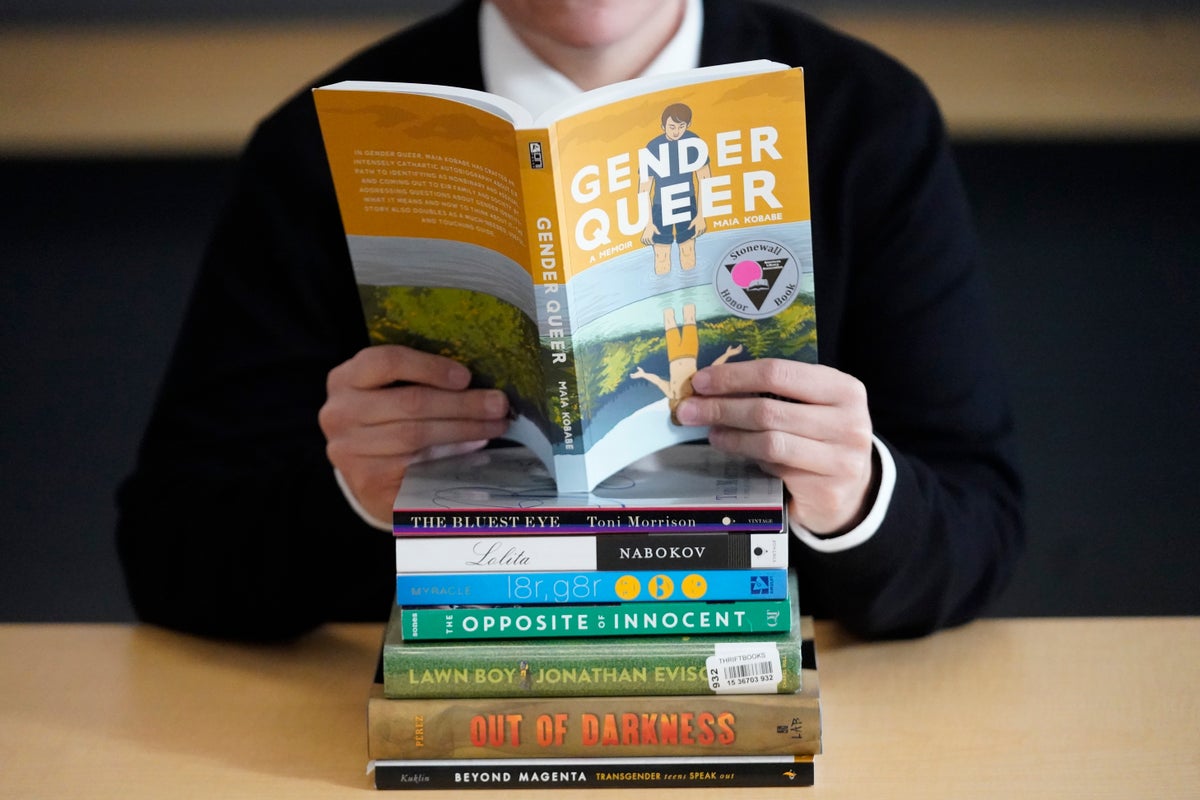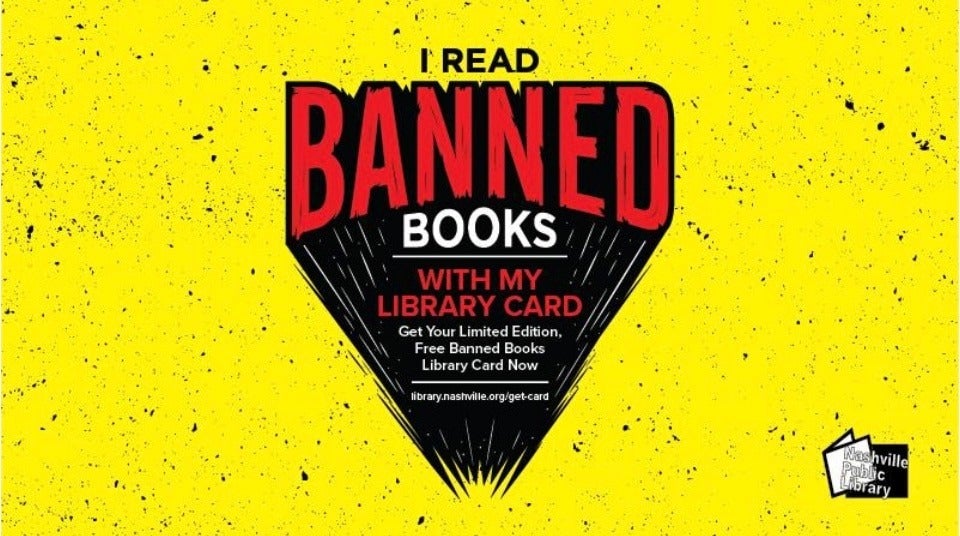
More than 1,600 individual book titles were banned across the US within the last school year, part of a growing campaign among right-wing groups to censor classroom materials and school and community libraries from LGBT+ issues and honest discussions of race and racism.
A report from free speech advocacy group PEN America reviewing bans from July 2021 through July 2022 found 2,532 instances of legislative or policy moves to ban individual books, affecting 1,648 titles altogether, representing the works of 1,553 authors, illustrators and translators.
Among those titles, 41 per cent explicitly address LGBT+ themes or include prominent LGBT+ characters, according to the report.
Another 40 per cent contain primary characters of colour, and 21 per cent “directly address issues of race and racism,” the report found.
Twenty-two per cent contained sexual content, including descriptions of sexual experiences among teenagers, teen pregnancies, sexual and reproductive health, sexual assault and abortion.
PEN America estimates that at least 40 per cent of the bans are tied to legislation or “political pressure” among state and local officials to restrict certain materials from classrooms and libraries, impacting at least 32 states.
Those campaigns are connected to at least 50 groups pushing for broad bans on books at the national, state and local level, according to the report.
Among those groups, including dozens of local chapters, 73 per cent – or 262 – started within the last year.
At least 20 per cent of book bans are directly linked to the actions of those groups; an additional 30 per cent were likely influenced by them, according to the report.
“These groups have made it their mission to undermine educators, sabotage students’ freedom to read and stoke divisive battles that distract from teaching and learning,” PEN America CEO Suzanne Nossel said in a statement accompanying the report.

Most bans were enacted without following any of the guidelines for book challenges established by the American Library Association, the report found.
A separate report from that group released last week documents 681 attempts to ban or restrict library resources, with 1,651 titles targeted among them, within the first eight months of 2022.
More than 70 per cent of those attempts targeted multiple titles. The vast majority of censorship efforts in previous years “only sought to remove or restrict a single book,” according to the ALA.
But groups now have “fuelled a movement towards censorship,” Ms Nossel told reporters on Monday, with social media campaigns widely circulating lists of targeted materials while pressing local, state and national officials who rely on such campaigns to advance their own agenda.
Such efforts attempt to give book bans an “air of legitimacy,” according to author Ashley Hope Perez, whose book Out of Darkness was banned in at least 24 school districts within the last school year, PEN America found.
“This rapidly accelerating movement has resulted in more and more students losing access to literature that equips them to meet the challenges and complexities of democratic citizenship,” according to report author Jonathan Friedman.
The movement is “turning our public schools into political battlegrounds, driving wedges within communities, forcing teachers and librarians from their jobs, and casting a chill over the spirit of open inquiry and intellectual freedom that underpin a flourishing democracy,” Ms Nossel said in the report.
Most attempts to remove titles include unsupported allegations of “obscenity” that largely fail legal tests for obscene material, PEN America found.
“In these cases, the term ‘obscenity’ is being stretched in unrecognizable ways because the concept itself is widely accepted as grounds for limiting access to content,” according to the report. “But many of the materials now being removed under the guise of obscenity bear no relation to the sexually explicit, deliberately evocative content that the term has historically connoted.”
The impacts of such bans cause “widespread” harm that impacts not just how teachers teach but also the wellbeing of students limited by bans.
“Children deserve to see themselves in books, and they deserve access to a diversity of stories and perspectives that help them understand and navigate the world around them,” according to PEN America. “Public schools that ban books reflecting diverse identities risk creating an environment in which students feel excluded, with potentially profound effects on how students learn and become informed citizens in a pluralistic and diverse society.
Challenges to books and materials infringe on rights to freedom of expression, “which must be the bedrock of public schools in an open, inclusive, and democratic society,” the group concludes in its report.
Banning books poses a “dangerous precedent to those in and out of schools, intersecting with other movements to block or curtail the advances in civil rights for historically marginalized people,” according to PEN America.







